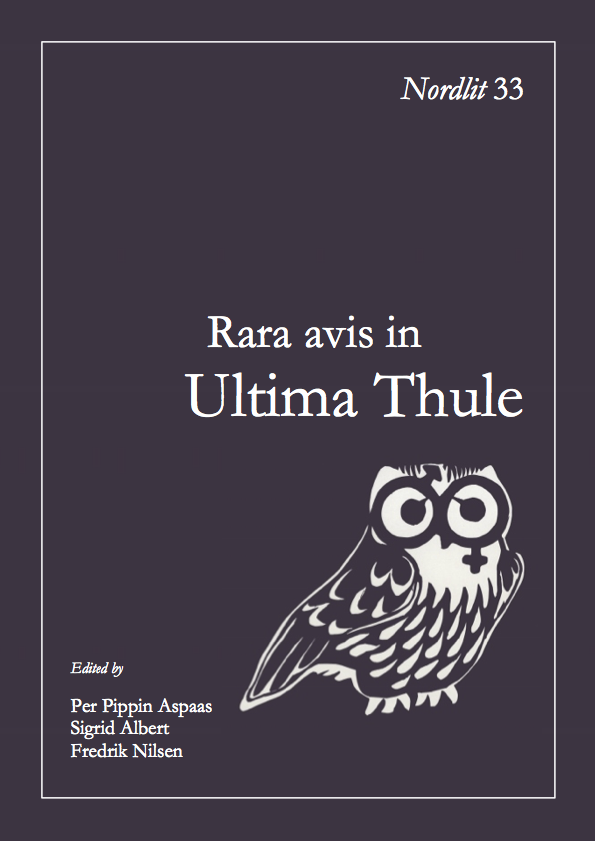Expanding the area of classical philology: International words
DOI:
https://doi.org/10.7557/13.3166Keywords:
Loan words, prefixes, suffixes, Greek in modern languages, Latin in modern languagesAbstract
The classical languages, Greek and Latin, have a special kind of afterlife, namely through their explosive expansion into other languages, from antiquity until today. The aim of the present paper is to give a broad survey of this field of study – enough to show that there is a lot to find. As examples are chosen English, Spanish and Norwegian – three Indo-European languages, all of them with rich material for our purpose. In the national philologies, the treatment of the Greek and Latin elements are often not given special attention, but are studied alongside other aspects of the language in question. A cooperation with classical philology would be an advantage. Moreover, only classical philology can give the full picture, seen from the point of view of Greek and Latin, and explain why and how these languages have lended so many words and word elements to so many vernacular languages. Another aspect of the field, which I call ‘international words’, is the enormous potential that these words have, if disseminated in a good way to the general population. If taught systematically, the learner will be able to see the connections between words, learn new words faster, and develop a deeper understanding of the vocabularies in – for example – English, Spanish and Norwegian.Downloads
Published
2014-11-25
How to Cite
Roggen, Vibeke. 2014. “Expanding the area of classical philology: International words”. Nordlit, no. 33 (November):321-28. https://doi.org/10.7557/13.3166.
Issue
Section
Articles









